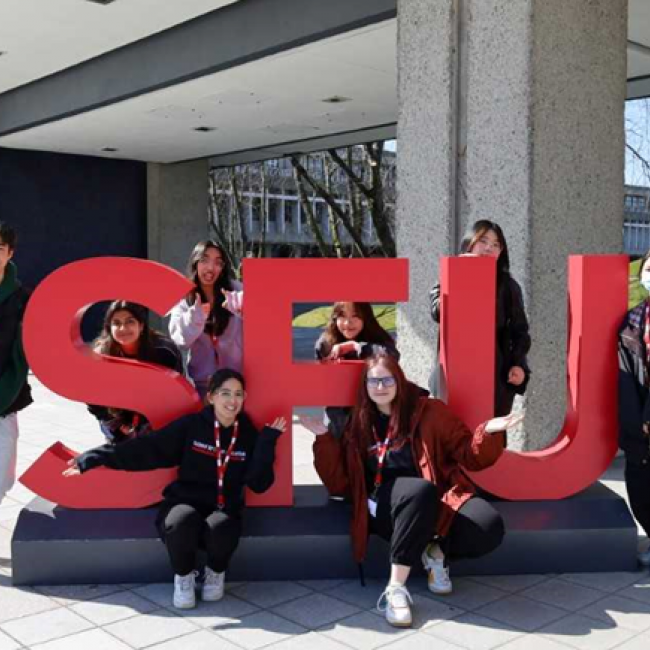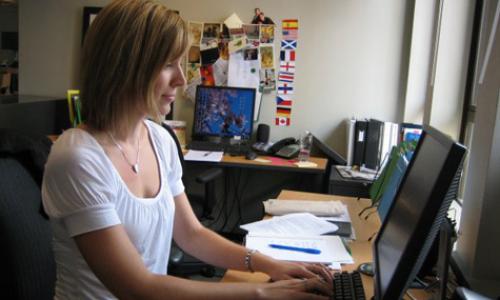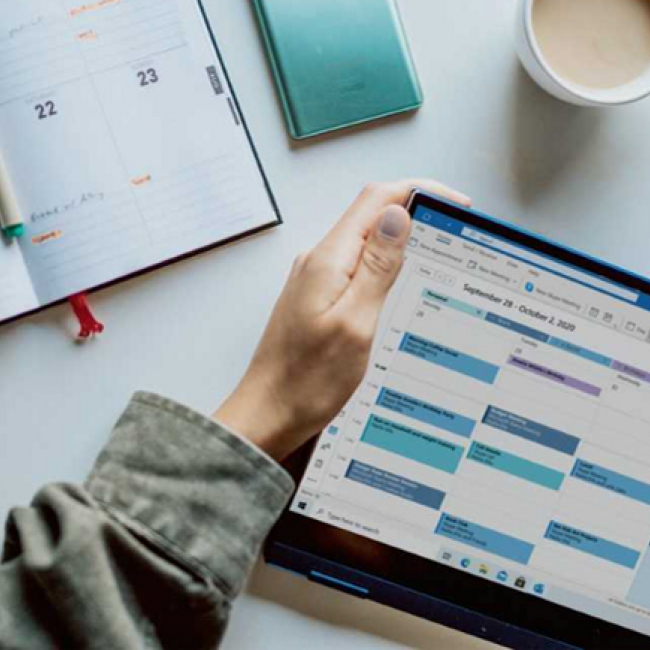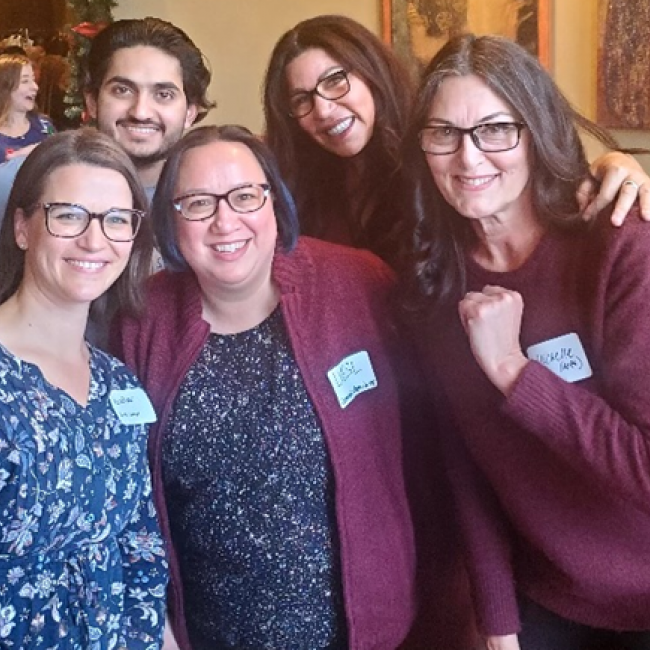
I’m afraid of speaking. Like absolutely terrified. If I had to rank my fears, public speaking would be #2 (right behind my credit card getting declined at the cash register). I remember making a speech in my elementary school’s Speech Fest and getting so nervous that I sped through my entire script. The 3-minute dialogue ended up being 30 seconds. I felt such intense nervousness that, immediately after, I cried beside a dumpster (good thing I’m a pretty crier). Unfortunately, this traumatizing experience is one of the reasons I have extreme job interview anxiety.
Job interviews always caused an extreme panic in me. I’ve cried, sobbed, and screamed with literal tears when I received those “You’ve Been Selected for an Interview '' emails. Even the common Tell me about yourself gave me anxiety. Because really, who am I?! Like ma’am, I don’t know the answer to that question, please do not ask me that again!
But as I reflect on my jobs so far, I’ve had multiple positions in retail, restaurants, and fast food as a teen. Most importantly, as a young adult, I got my foot through the door with two 8-month co-ops at tech companies. I made such great progress throughout the years that Little Nadya would definitely be in awe (and in worry because she’ll need to go through all those interviews). So, how did I do it? It wasn’t easy or comfortable, but that’s how you progress. Here are my tips for overcoming, or at least coping, with extreme interview anxiety.
When I say prepared, I mean PREPARED! When I was interviewing for my current co-op as a Marketing Intern, I had 16 pages of questions and possible answers written and ready. My co-op advisor can definitely vouch for me on this. I was (am) crazy! I realize that 16 pages was a bit of an overkill but that was my anxiety taking action. I really, really wanted to answer every question as best as I can.
Of course, I would not recommend writing down 16 pages of answers. Instead, do 15 pages.
Just kidding! Jokes aside, even though what I did was a little excessive, the point still stands: Have your answers and stories prepared. Interviewers are asking about you, your skills, and your experience. You have the answers to all of that. All you have to do is put it together and word it in a way that will sell your potential.
I find that you really only need a few stories about your experience, and you can use it to answer multiple basic and behavioural questions. Guess what? “Tell me about a time when you solved a problem” is basically the same as “Tell me when you had a disagreement with difficult people and how you fixed it”. With a little tweaking, you can definitely provide the same answer to either question… Let’s just hope they don’t ask both.
Writing down your answers is one thing but speaking it out loud is a different story. You can reread all your answers over and over, but unfortunately, it won’t stick until you practice it as if you’re actually doing the interview.
Remember when I said I was crazy for writing 16 pages of answers? Well, I'm about to seem crazier. To memorize my script, I record myself asking the question and providing my answer with a very natural tone. Then, I listen to myself speaking continuously for a few days, including when I’m sleeping (the subconscious mind is powerful from what I’ve heard!). When I wake up, shower, walk, and eat, I’m hearing myself answer interview questions in a seemingly cursed loop. Soon, I start quoting myself out loud as if we’re quoting our favourite lines to our favourite movie.
Honestly, if you think about it, when we go through job interviews, we are just performing. We are basically actors memorizing a script and acting it out. I truly deserve an Oscar seeing that I’ve gotten jobs with this mentality. Academy, I’m waiting for my award for Best Actress in the mail. Please expedite that shipping.
I thought I could practice by myself but boy, was I wrong. Although I could recite all my answers from memorizing my stories and practicing them outload, it’s so different when you’re actually in front of someone else. When I did a few mock interviews with friends, I kept forgetting my answers and getting tongue-tied. I couldn’t stop pausing, laughing, or saying the dreaded “um” every couple of sentences. It was truly horrid. It felt like I could not go through an entire interview without failing.
But that’s why mock interviews are important. For me, I was getting the funny business out of the way. I knew I could mess up without having any serious repercussions (like having my interviewer think I’m a dummy and getting rejected for the role). Most importantly, I had the chance to turn my written answers into actual conversation. Mock interviews not only helped me with what to say, but how to say it. I got the opportunity to practice my voice tone, facial expressions, body language, and even small talk.
The most valuable thing about mock interviews is getting feedback. Co-op advisors will tell you exactly what you did well and what you’ll need to work on. They’ll even throw in questions that you probably never thought about. All of this, although very nerve-racking, will just direct you to a more successful interview.
My top advice is to truly know yourself. After years of education, you have the skills, experience, and knowledge that recruiters are looking for. You have what companies want and that’s why they choose to interview you in the first place. And if you mess up, so what?



























